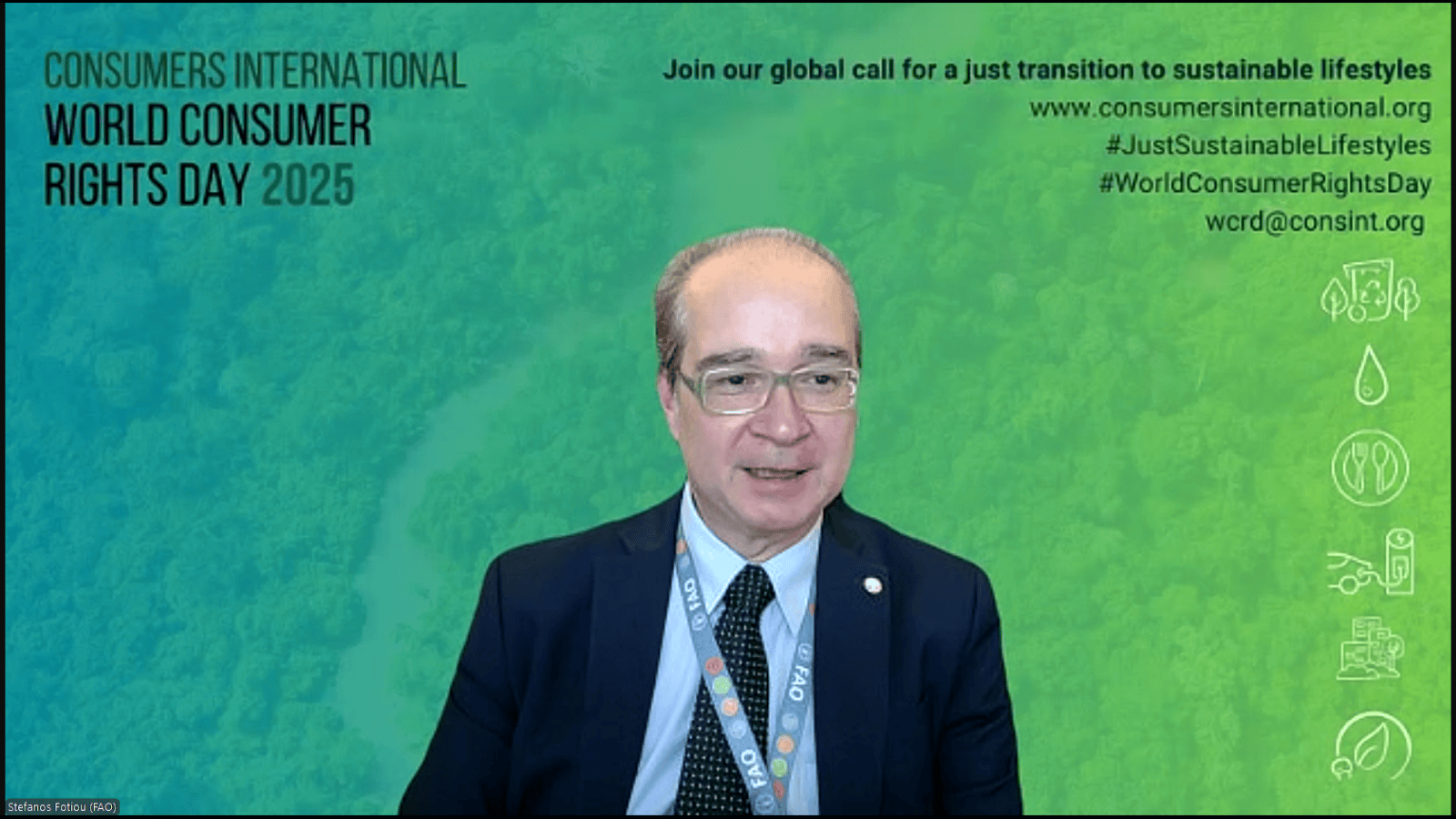SEED FUNDING JOINT PROGRAMMES
Cambodia
Transforming Cambodia’s food systems to become more sustainable, inclusive, and resilient


PROJECT TITLE | Transforming Cambodia’s food systems to become more sustainable, inclusive, and resilient |
| Context | Cambodia’s National Pathway is the outcome of an extensive consultation process, involving more than 2,000 people throughout thirty dialogues, which identifies four priority areas, namely healthy diets for all, empowerment of youth, women and vulnerable groups, resilient livelihoods and food systems, inclusive governance. Acknowledging the risks posed by climate change to hard won development gains and as a co-founder of the Alliance of Champions for Food Systems Transformation, Cambodia is prioritizing the integration of climate change and food systems transformation, building coherence across the agendas. The Council for Agricultural and Rural Development, the government agency coordinating food security and nutrition initiatives in Cambodia, is leading collaborative efforts to translate national aspirations into concrete action. |
| PUNOs | FAO, WFP, UNICEF |
| Contribution to SDGs | SDG 2 Zero Hunger |
| Contribution to other SDG transitions | Climate, biodiversity, pollution |
| Duration | August 2024 – July 2025 |
| Expected financial leverage | $3 million |
| Alignment with SG Call to Action | Policy integration; Food systems governance; Inclusive and participatory design; Private sector engagement |
| Outcomes | The Joint Programme fosters an enabling environment for food systems transformation by enhancing national capacities and policy frameworks, identifying opportunities to unlock financial streams, and strengthening advocacy efforts for food systems transformation. The JP provides crucial support to the alignment of the climate and food agendas, accelerating progress towards resilient, sustainable and inclusive food systems. |
| Partners | Council for Agricultural and Rural Development (CARD) will be the main government counterpart and will coordinate the government activities in conjunction with other key Ministries, including:
|
| Outputs |
|
Achieving access to food on a healthy planet
Hub Director Stefanos Fotiou speaks at Consumers International’s Sustainable Lifestyles Summit, highlighting the urgency of transforming food systems for people and planet.

On 11 March 2025, the UN Food Systems Coordination Hub participated in the session "Achieving Access to Food on a Healthy Planet" as part of Consumers International’s Sustainable Lifestyles Summit (10–14 March). Organized in collaboration with the UN Environment Programme, the session explored how action on sustainable lifestyles – grounded in the essential right to food – can address interconnected challenges of hunger, nutrition, and environmental sustainability. With over 733 million people facing hunger and more than one-third of the global population unable to afford a healthy diet, urgent action is needed to transform food systems in a way that upholds human rights while protecting the planet.
Speaking at the session, Stefanos Fotiou, Director of the UN Food Systems Coordination Hub, emphasized the critical role of sustainable food systems in delivering climate and health co-benefits.
“Food must be produced in peace with nature. The global food system is responsible for a third of greenhouse gas emissions, up to 80% of biodiversity loss, and 70% of freshwater use. Integrating food policies into climate action is critical to mitigating these environmental impacts,” he stated.
He called for an urgent shift toward food systems that work in peace with nature and follow a human rights-based approach. Highlighting the role of consumers in driving transformation, he emphasized the need to move from a passive buyer model to an active food citizen model, where individuals are informed about how food is produced, used, and its true cost. He advocated for integrating food literacy into school curricula, challenging the dominance of ultra-processed food marketing, and introducing policies such as taxation on foods harmful to human and planetary health. Fotiou also stressed the need for decentralized food power, urging strategies that prioritize local food systems and channel public funds directly to smallholder farmers. Looking ahead to the upcoming UNFSS+4 Stocktake, he underscored the need for accelerated action to reorganize food systems in ways that protect both people and the planet.
